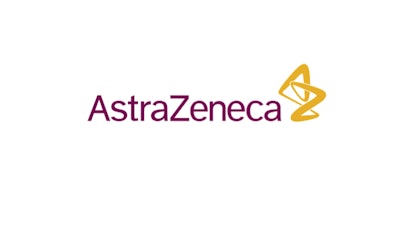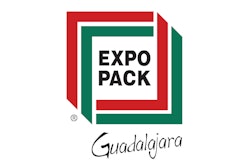
This content was written and submitted by the supplier. It has only been modified to comply with this publication’s space and style.
AstraZeneca is partnering with Vanguard Renewables to enable the delivery of renewable natural gas (RNG) to all of its sites in the United States by the end of 2026. Starting this month, AstraZeneca will be purchasing RNG produced by Vanguard Renewables for its Newark Campus in Delaware, where the company packages 26 medicines for distribution across the U.S. and makes medicine formulations for global supply.
By 2026, the collaboration will enable as much as 650,000 million British thermal units (MMBtu), or 190,500 megawatt hours (MWh) per year, of RNG to be used across AstraZeneca’s U.S. sites.
The agreement will utilize Vanguard Renewables Farm Powered® process, allowing Vanguard Renewables to produce RNG using farm-based anaerobic digestion (AD) from food and dairy cow manure. Once the RNG is produced and captured through AD, it will be injected into the existing natural gas infrastructure for use in AstraZeneca medicines research and manufacturing processes.
By capturing methane from dairy operations that would have otherwise ended up in the atmosphere, the partnership also will reduce pollution from the farming sector. Vanguard Renewables has been working with multi-generational dairy farms and food and beverage manufacturers since 2014, providing sustainable solutions to greenhouse gas emissions challenges by diverting food waste from landfills and sequestering on-farm emissions. Vanguard’s Farm Powered process provides dairy farmers across the U.S. with an additional revenue stream via land lease, supports regenerative agriculture practices, and helps ensure these farms will be operating for years to come.
The new partnership with Vanguard Renewables will help in delivering emissions reductions in line with AstraZeneca’s Ambition Zero Carbon program. The company is on track to reduce greenhouse gas (GHG) emissions from its global operations (Scope 1 and 2) by 98% by 2026 from a 2015 baseline, and by 2030, AstraZeneca aims to halve its entire value chain footprint on the way to becoming science-based net zero by 2045 at the latest.

























